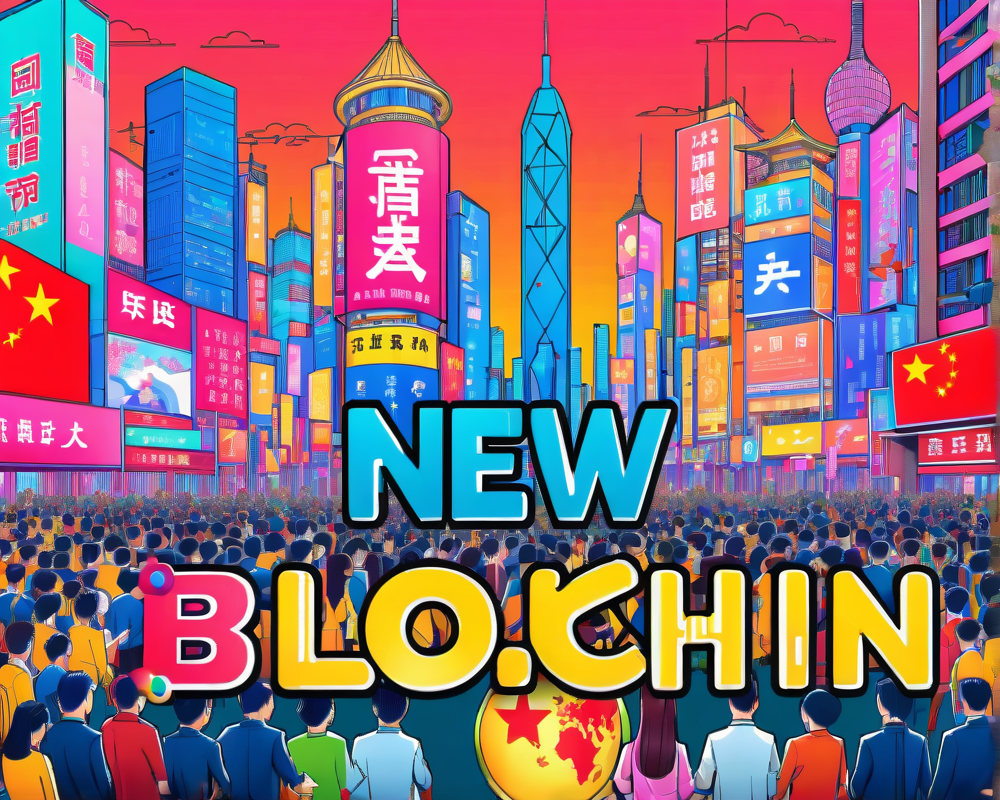Metaverse Ranks Second to ‘Goblin Mode’ for Oxford’s Word of the Year 2022
The term “metaverse” has garnered significant attention, but it fell short of capturing the top spot in the race for the Oxford University Press’ 2022 Word of the Year, landing in second place after the viral term “goblin mode.” The announcement was made on December 4, highlighting a shift in prevailing linguistic trends.
For the first time, Oxford opened up the voting process for the Word of the Year, and while the metaverse experienced a nearly fourfold increase in usage from the previous year—a surge driven by entities like Facebook rebranding to Meta in October 2021—it wasn’t enough to clinch the title.
“Goblin mode,” a phrase that resonated with many following the lifting of COVID-19 lockdowns, captured the zeitgeist of individuals rejecting a return to “normal life.” Meanwhile, the hashtag #IStandWith, associated with global solidarity movements such as #IStandWithUkraine after Russia’s invasion, secured third place.
According to Oxford Languages, the growing prominence of terms like metaverse reflects an increasing engagement with virtual realities and online spaces, indicating its relevance in discussions about the future of work and social interaction. The organization noted, “As we grapple with relatively new concepts like hybrid working in the virtual reality space, metaverse is particularly pertinent to debates about the ethics and feasibility of an entirely online future.”
The term metaverse, conceptualized in Neal Stephenson’s 1992 science fiction novel *Snow Crash*, continues to gain traction, particularly within crypto communities and publications as they navigate discussions around its sustainability and viability moving forward.
In the grand scheme of linguistic trends, the results from Oxford’s Word of the Year contest illustrate the fluctuating enthusiasm for crypto-related terminology compared to broader societal expressions. Last year, *vax* topped the list as the chosen word by Oxford, and the previous winner of the Collins Dictionary’s contest was the term NFT (non-fungible token), reflecting the fluctuating dynamics of our current cultural landscape.
As social media fervor for crypto-related terms fluctuates, the recognition of the metaverse in such prestigious platforms will likely spur further discourse and exploration into how virtual worlds interconnect with our reality, paving the way for intriguing developments in 2023 and beyond.




